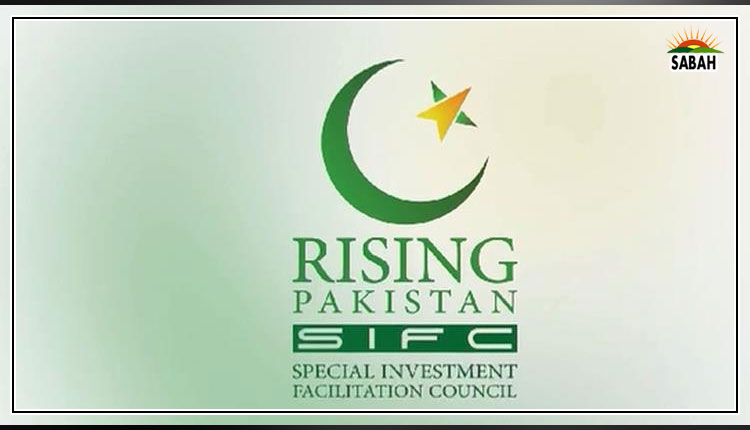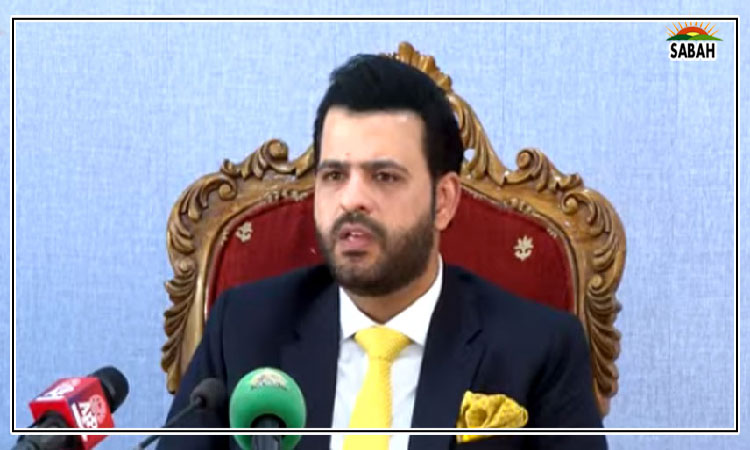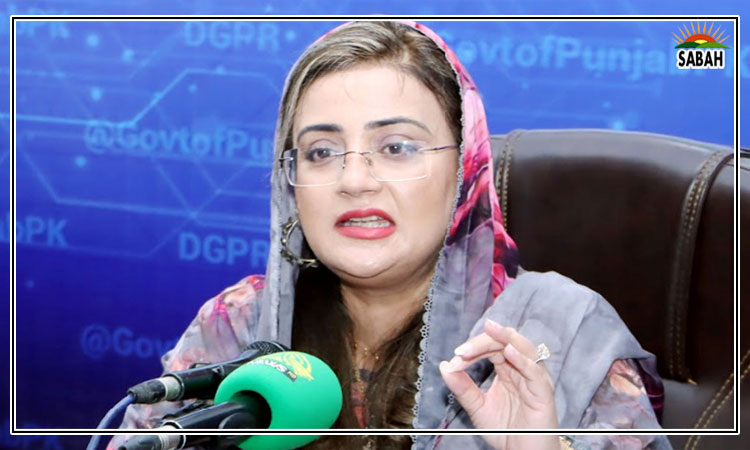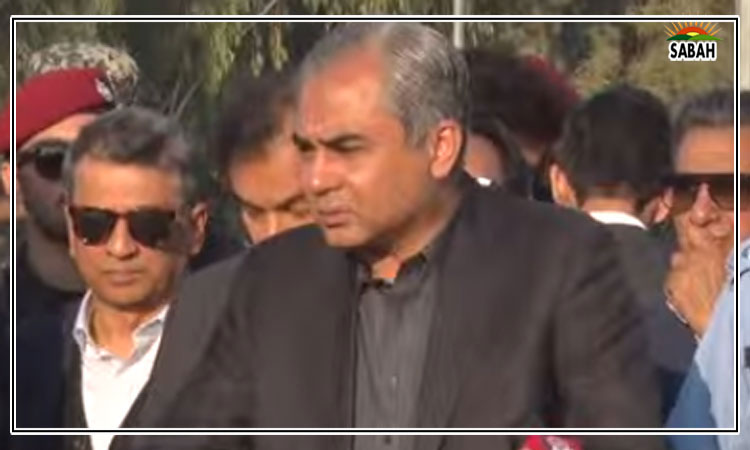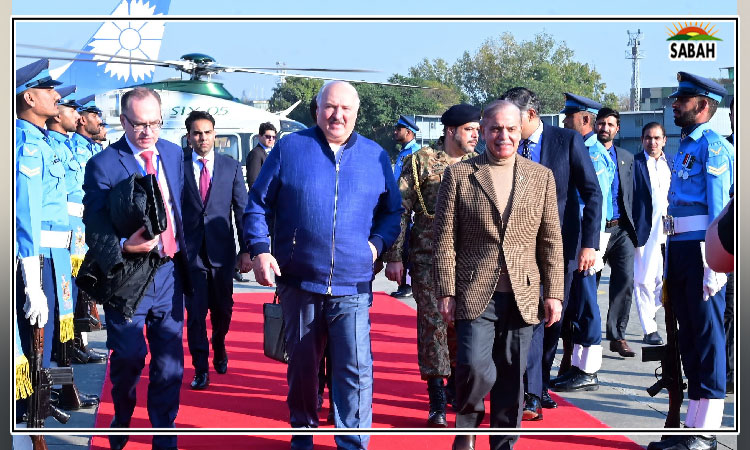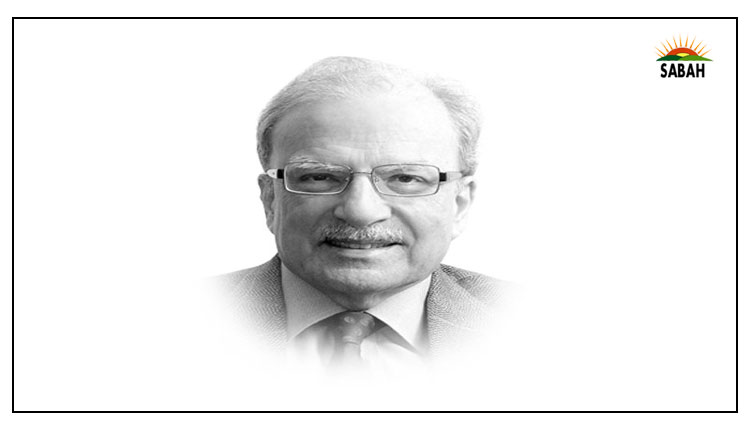Rebuilding world institutions to deal with climate change….Shahid Javed Burki
The International Monetary Fund (IMF) and the International Bank for Reconstruction and Development (IBRD) were created after 44 countries deliberated at a site in New Hampshire. Bretton Woods, a resort in Americas northeast, was chosen to devise a global order that would achieve a variety of objectives, most important of which were maintaining world peace; keeping the global financial system working even when there were serious strains in the capital markets; rebuilding Europe and Japan destroyed during the WWII; and developing the colonies of European powers in Africa and Asia that were likely to win independence.
In addition, the victors set up the United Nations, an organisation which would have all countries in the world represented and which would help keep global peace while the IBRD would use the capital paid by wealthy nations to raise funds in the markets and on-lend these to the nations that would find it very expensive to go to the markets on their own. While the IMF remained more or less unchanged, the UN developed a number of affiliates to help with the problems the world faced. Forty years after these institutions were set up, the world leaders agreed to create the World Trade Organization (WTO) to manage some aspects of global trade. This was done by way of a treaty signed at Marrakesh, Morocco in 1995. Two of the world organisations, the IMF and the WBG, were based in Washington, the UN was headquartered in New York and the WTO in Geneva. The IBRD changed into the World Bank Group (WBG) and provided a model that regional development banks followed.
An increasing number of world leaders say the two powerful Bretton Woods institutions need a 21st century overhaul to handle a new destructive force: global warming. British economist John Maynard Keynes who did not like the impact on the nations defeated in WWI of the measures adopted by the victors. The approach then was to punish the losers by having them pay for the losses they had inflicted. That resulted in enormous resentment in Germany and Italy and contributed to the rise of authoritarian rulers in the two defeated nations and to WWII which proved to be much more destructive than the first global war. Keynes argued for rebuilding the defeated countries by making available large amounts of capital which the IBRD would raise in global financial markets. The IBRD later expanded into the World Bank Group. The Bretton Woods institutions have operated without much change.
Should the working of these institutions change to deal with the biggest mobilisation of international finance in history to help developing nations cope with and adapt to a warming planet? The proposals being discussed are broadly in line with what has come to be known as the Bridgetown Initiative, advanced by Mia Montley, the PM of Barbados, a heavily indebted Caribbean nation highly vulnerable to climate disasters. Addressing the conference, she said it was time to revisit the Bretton Woods. Yes, it is time for us to remember that those countries who sit in this room today did not exist at the time the Bretton Woods institutions were formed for the most part. And therefore we have not seen, we have not heard sufficiently. She and several other leaders said the damage done over the last two centuries by rich countries to develop their economies created conditions for which the less developed world was now paying heavily. The developed world, they said, should pay the price for the damage done. A price tag of a trillion dollars was put on what the developing world thought would cost them to deal with climate change.
At the Sharm el-Sheikh climate meeting the proposal received support from the IMF and World Bank heads. The World has changed dramatically, said Kristalina Georgieva, the IMF Managing Director. When our institutions were created, there was no common global challenge like climate change. Now we have to mobilize to address them. David Malpass, the World Bank President, endorsed this approach. Successful climate action will take a concerted global push, and we are committed to this effort, he said at the climate summit, although on earlier occasions he had expressed some doubt that global warming was caused by carbon emissions into the upper atmosphere.
After resisting for years, the US came around to supporting the idea of using the Bretton Woods institutions such as the IMF and the World Bank for helping the countries facing climate stresses in different ways. Janet Yellen, the US Treasury Secretary, said at the Sharm el Sheikh conference that the World Bank should come up with an evolution road by the end of 2022. Given the scale of the challenges, the development banks must continue to explore financial innovations to responsibly stretch their existing balance sheets, she said. Svenja Schultz, the German minster of economic cooperation and development, said her government supported reforms of international organisations as the current model was no longer appropriate in this time of global crises. John Kerry said reforming the Bank and the Fund could release a geyser of capital that could save lives. That can be done, he said, and reforms could result in more than $1 trillion in new funding. French President Emmanuel Macron supported reforming the Bretton Woods institutions, saying they needed to come up with concrete proposals to activate these innovative financing mechanisms, to develop access to new liquidity, new concessional financing ideas for emerging economies, to propose solutions taking into account vulnerability.
Heads of non-Bretton Woods institutions also endorsed the idea of significant changes in the way these institutions currently operated. Ngozi Okonjo-Iweala, the former finance minister of Nigeria who has worked at the World Bank and is now heading WTO, said most developing countries borrow at the rates much higher than those available to the developed world. The high rates mean rapid buildup of debt. Paying that debt is a huge drain on national budgets, leaving governments without reserves when they face crisis like the kind of flooding Pakistan and Nigeria recently suffered. It is not a totally exaggerated risk, I can tell you, she said speaking of the risk financial markets face when they lend to the developing world. Its not right that some countries can borrow at 3 percent and others at 14, 15.
Raj Shah, who heads the Rockefeller Foundation and was previously in charge of USAID, was equally outspoken about the need to reform the Bretton Woods institutions. This is urgent, this should happen now, there is absolutely no excuse, and if we dont do it, the next generation of youth activists should hold us accountable for trying to behave like the World War II just ended, when in fact were facing an entirely different world, he told a session at Sharm el-Sheikh.
The global institutions also need to fund the use of fusion for producing power on Earth. A few weeks after the Sharm el-Sheikh conference concluded, the US announced its scientists had found a way to bring the Sun to our planet. The Sun produces its enormous energy through fusion; that could be done on Earth as well. I will get to this subject next week.
Courtesy The Express Tribune



